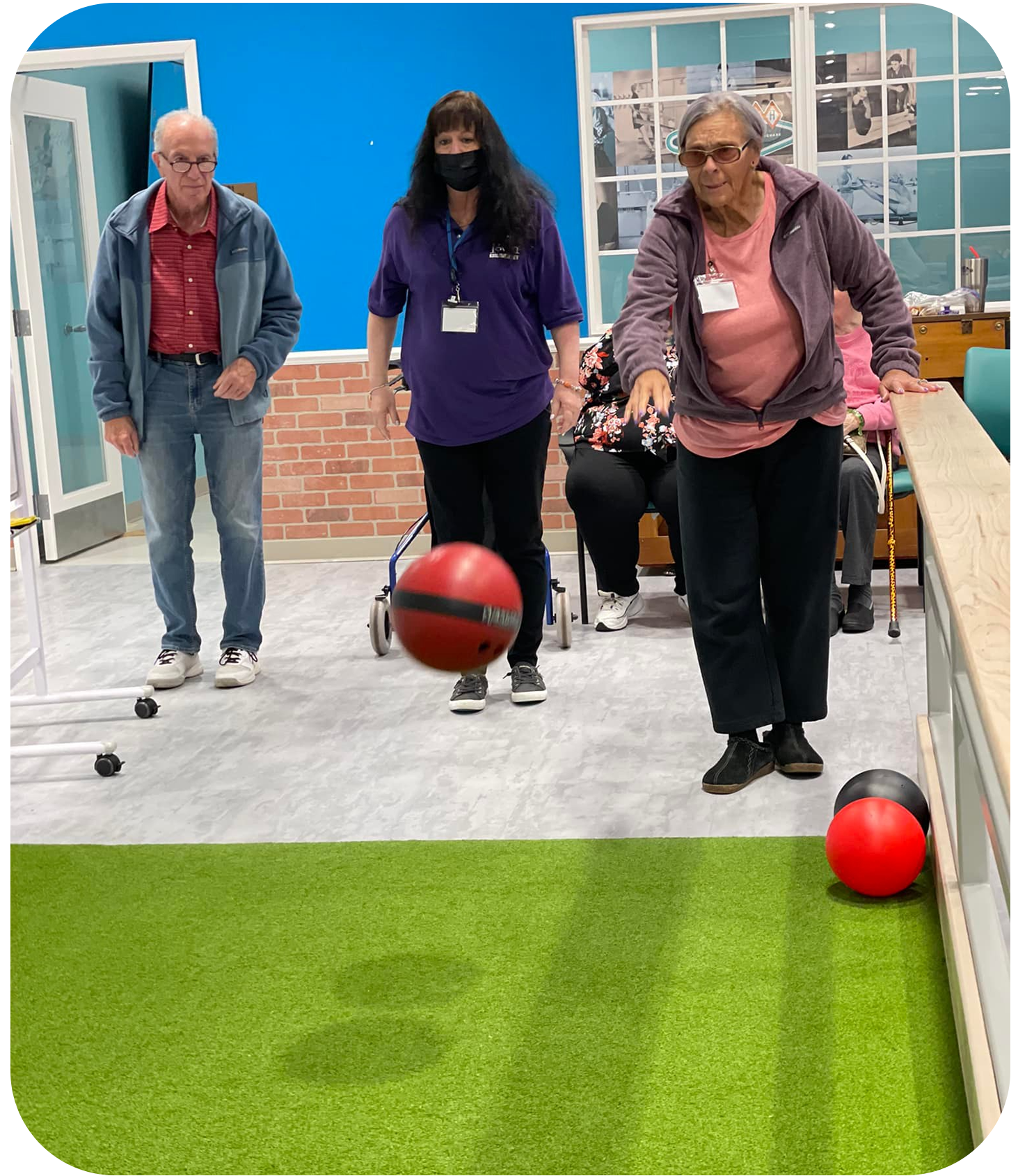Tips for Caregivers
Taking Care of an aging loved one can be a full-time job that you feel like you didn’t sign up for. Be sure to take care of yourself as well! Below are some tips on caring for a loved one effectively, to reduce stress for you both.

- Try to keep a routine, such as bathing, dressing, and eating at the same time each day.
- Help the person with dementia write down to-do lists, appointments, and events in a notebook or calendar.
- Plan activities that the person enjoys and try to do them at the same time each day.
- Consider a system or reminders for helping those who must take medications regularly.
- When dressing or bathing, allow the person to do as much as possible on their own.
- Purchase loose-fitting, comfortable, easy-to-use clothing, such as clothes with elastic waistbands, fabric fasteners, or large zipper pulls instead of shoelaces, buttons, or buckles.
- Use a sturdy shower chair to support a person who is unsteady and to prevent falls.
- Be gentle and respectful. Tell the person what you are going to do, step by step while you help them bathe or get dressed.
- Serve meals in a consistent, familiar place and give the person ample time to eat.
- Reassure the person. Speak calmly. Listen to his or her concerns and frustrations. Try to show that you understand if the person is angry or fearful.
- Allow the person to keep as much control in his or her life as possible.
- Respect the person’s personal space.
- Build quiet times into the day, along with activities.
- Keep well-loved objects and photographs around the house to help the person feel more secure.
- Remind the person who you are if he or she does not remember. Never use the phrase. “Don’t you remember” This frustrates them more?
- Encourage a two-way conversation for as long as possible.
- If you are having trouble communicating with words, try distracting the person with an activity, such as a familiar book or photo album.


- Allow the person to keep as much control in his or her life as possible.
- Respect the person’s personal space.
- Build quiet times into the day, along with activities.
- Keep well-loved objects and photographs around the house to help the person feel more secure.
- Remind the person who you are if he or she does not remember. Never use the phrase. “Don’t you remember” This frustrates them more?
- Encourage a two-way conversation for as long as possible.
- If you are having trouble communicating with words, try distracting the person with an activity, such as a familiar book or photo album.
Contact us today to learn how you can be a great caregiver for your loved ones
